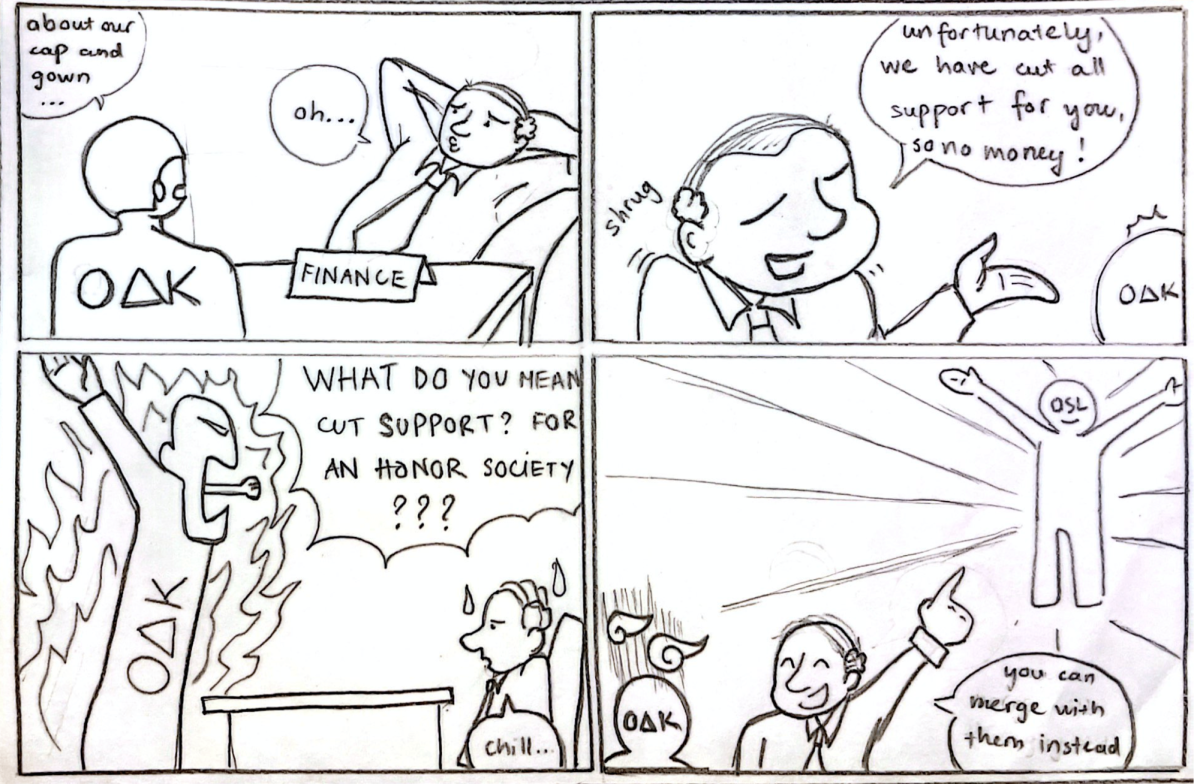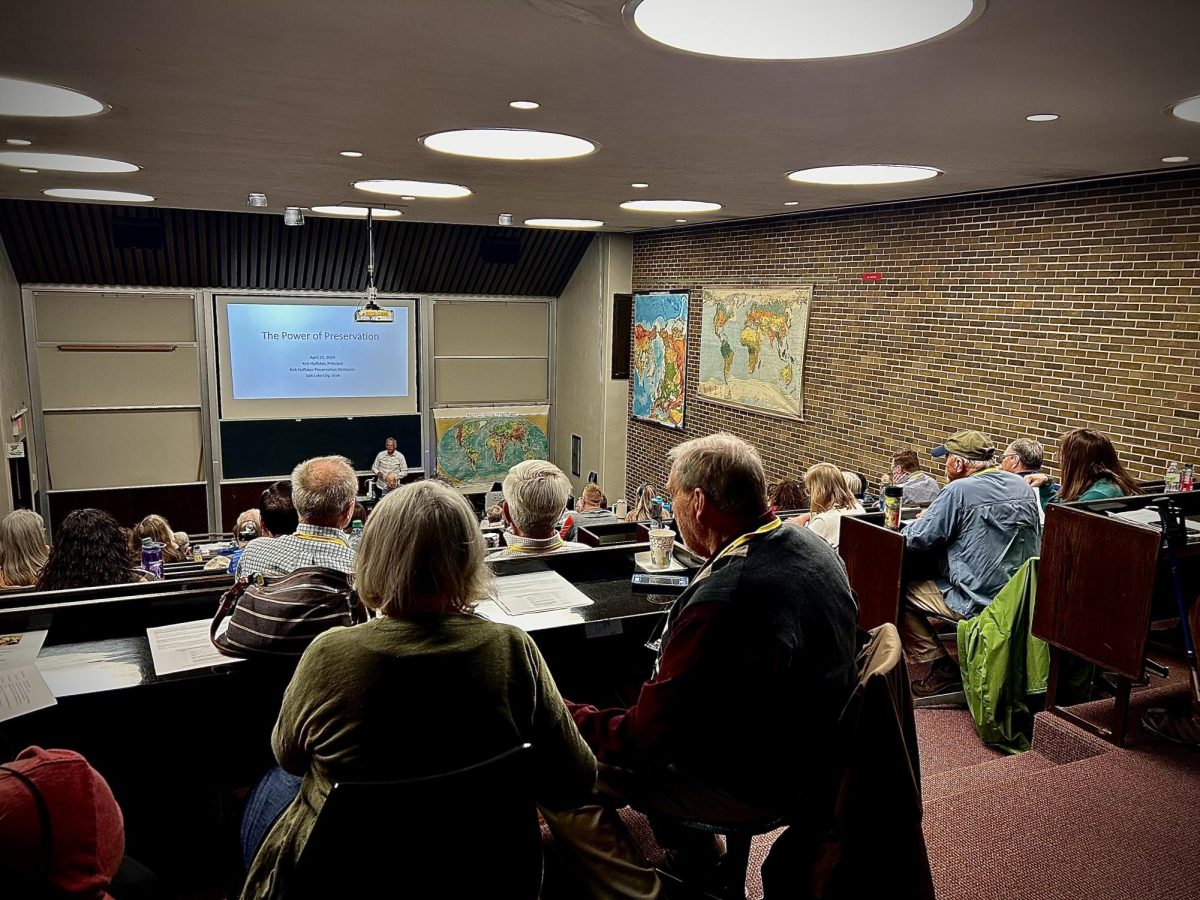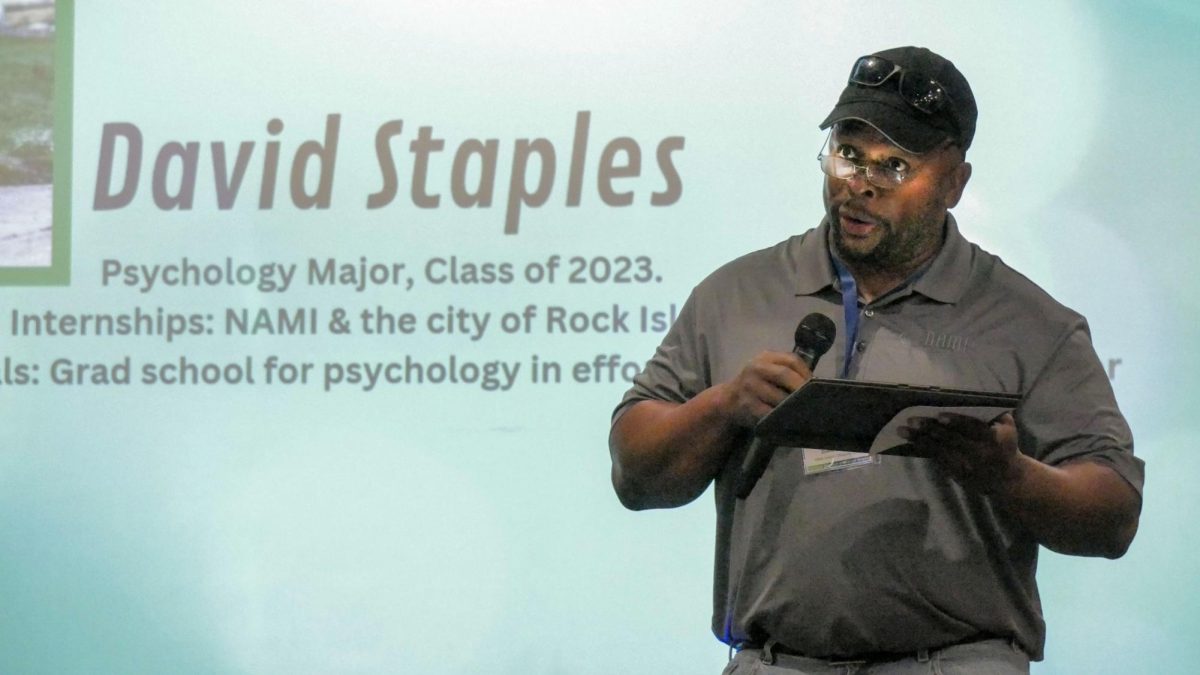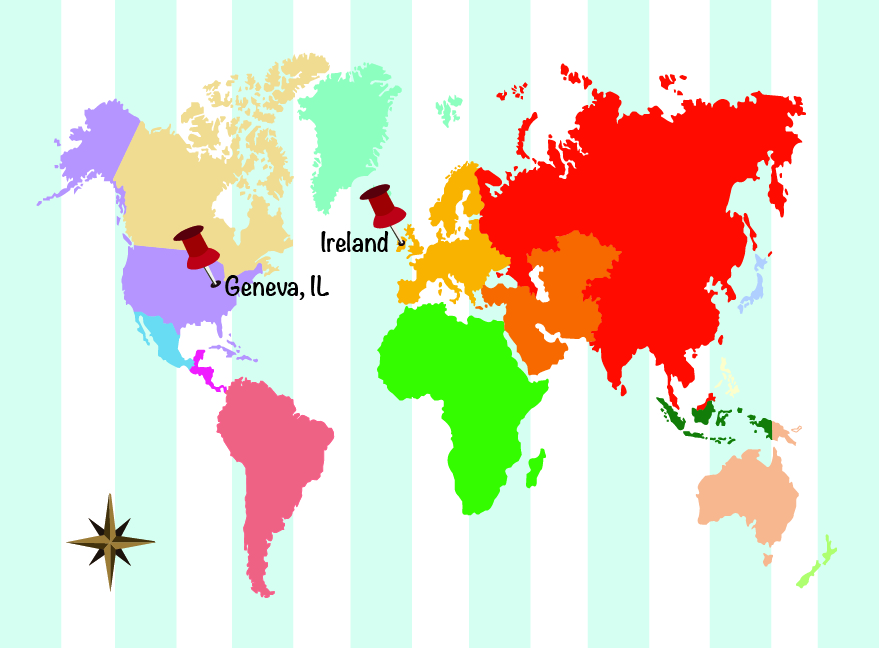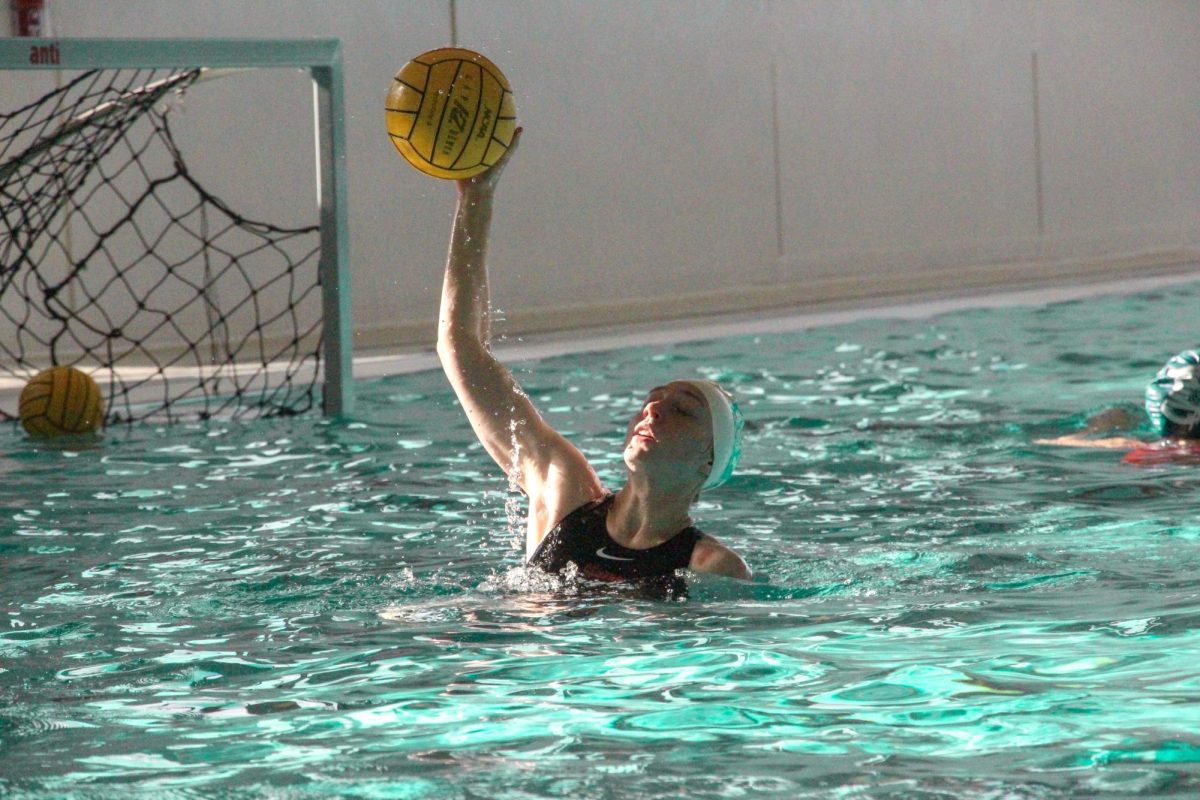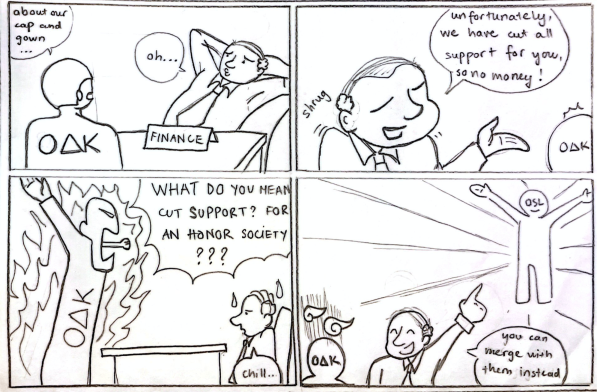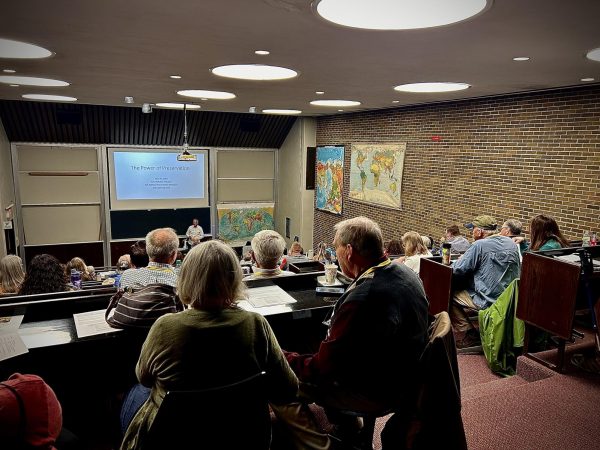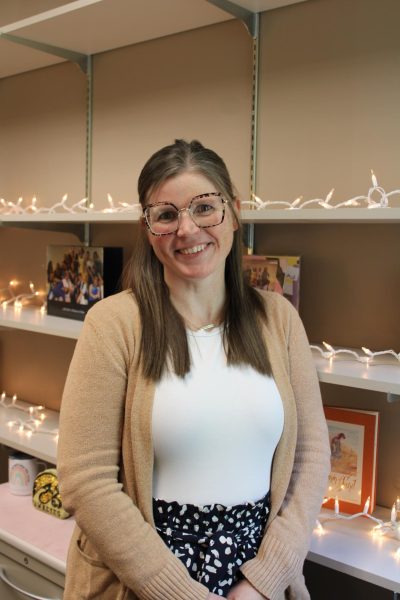Campus schedule currently being revised
March 22, 2023
On Tuesday, March 14, students and faculty received an email stating that the fall registration period has been moved back a week.
According to the email, current juniors will now register in week 11, sophomores in week 12 and First-Years in week 13.
This comes as a result of changes made to the academic schedule for classes offered for the 2023-2024 school year.
Dr. Megan Havard-Rockwell is a professor of Spanish and co-chair of the world languages and literature department. In an email, Havard-Rockwell said that the process of revising the next year’s classes is routine practice and that no particular department is targeted. She said that building the schedule is a long process, and faculty takes into consideration the needs and wants of students, which vary by cohort or grade.
Starting in the fall of each year, professors work to finalize the coming year’s academic schedule. This year, because the school is looking to balance its budget, the process has taken a little bit more time, as professors need to consider the amount of classes they offer or if they will need assistants.
“It’s something we have to be conscious of,” Kirk Anderson, chief financial officer, said. “We want to deliver the best education at a price that keeps us sustainable over time.”
One reason for the deficit is that in recent years, the student population at Augustana has gotten smaller, from 2600 students to about 2300. The sophomore class is commonly cited as the largest, but at 649 they are a few off of the number that the school expected.
Besides finances, there are many influences on the classes that departments offer, from professor availability to student interest to = changes within the area of study.
Faculty reflect on changes in the world outside Augustana, looking to adapt if needed.
“You kind of have to step back and look at the total curriculum,” Anderson said. “You have to ask, what are the ways that we can still provide the same value and understanding?”
Dr. Forrest Stonedahl, associate professor of math and computer science, shared information as to how the schedule is formed. Like Anderson and Havard Rockwell, he said that the process varies year to year.
“I think there were only supposed to be two rounds of revisions but then they decided that maybe there were supposed to be more adjustments,” Stonedahl said. “Sometimes we kind of thought the schedule was already finalized.”
Faculty consider not only what classes are to be offered, but how many sections of existing classes to have, not to mention time and location.
Because the elements of the academic schedule are so connected, one change can lead to many.

